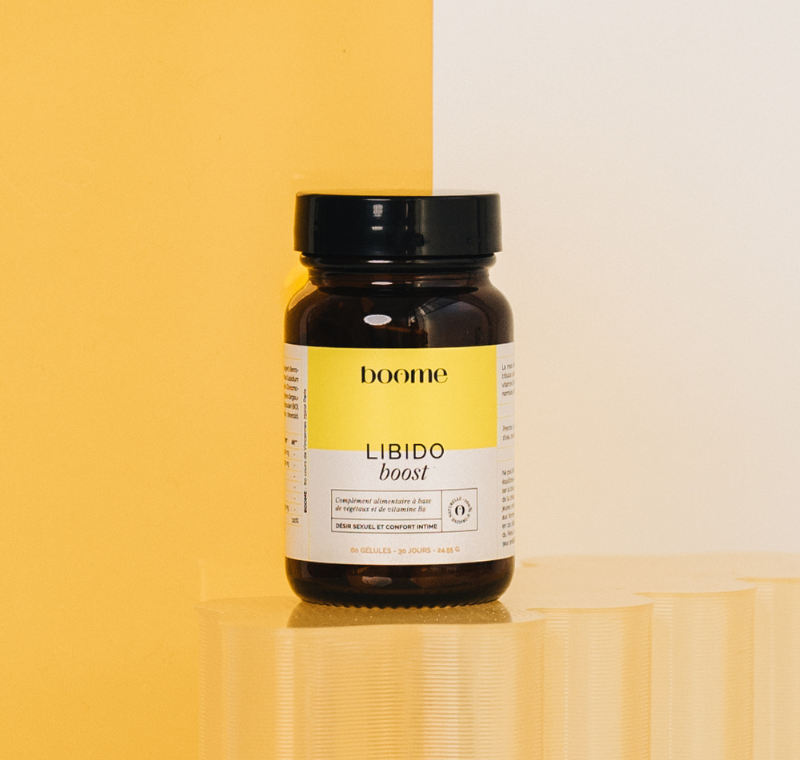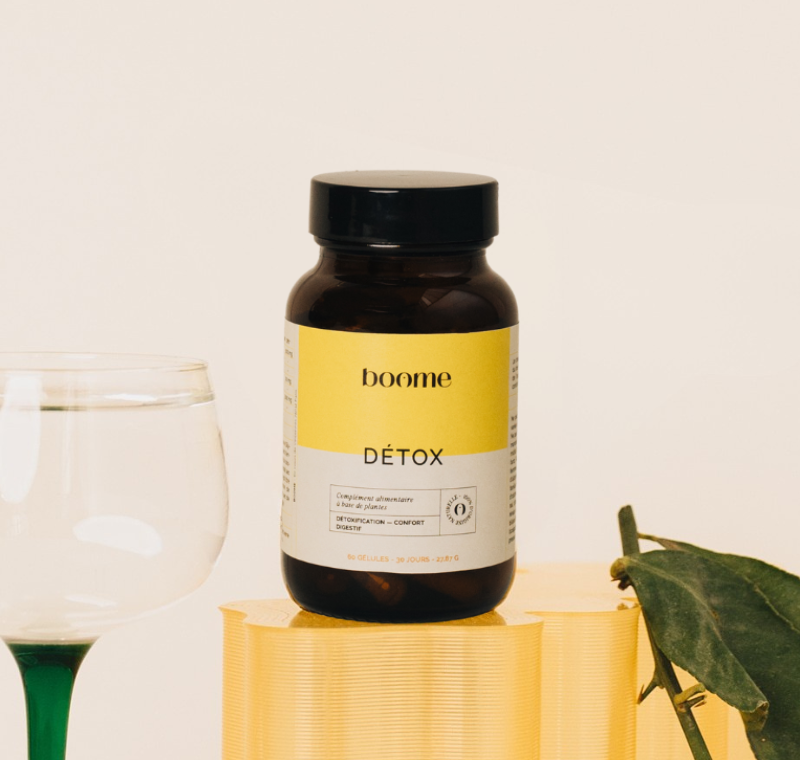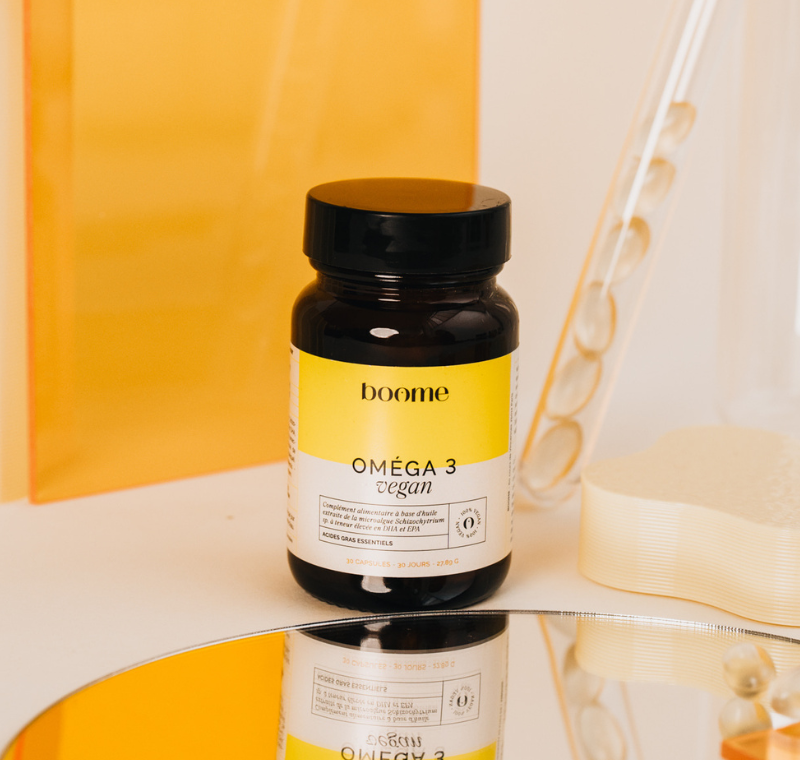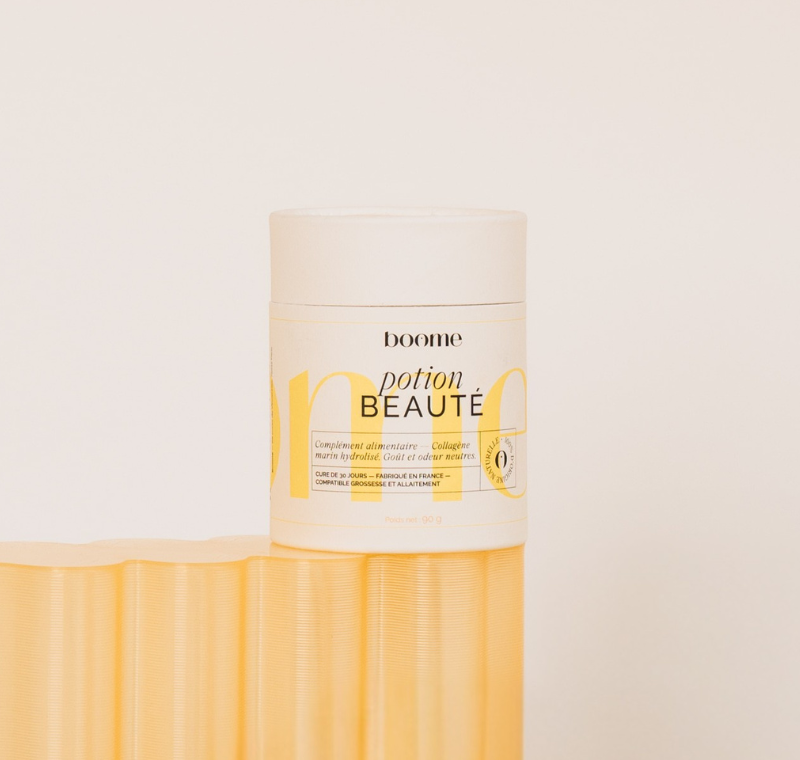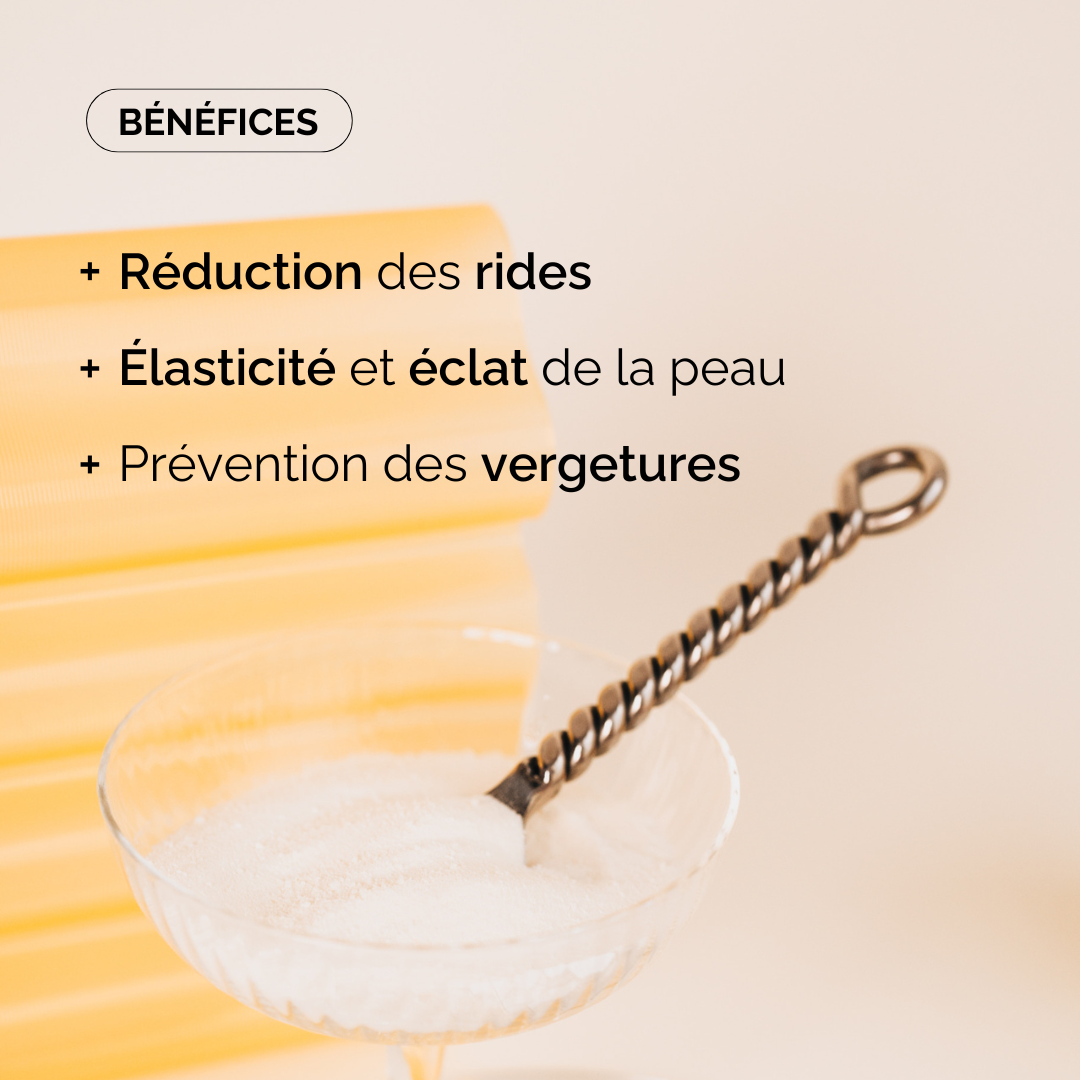
You've been taking the pill for a while, and slowly, you've noticed a change: a decrease in your libido. This rarely discussed topic affects many women, however. Do you really have to choose between contraception and sexual desire? In this article, we explore the effects of the pill on libido, both short and long term. And we offer concrete solutions to reconnect with your desire. Ready to learn more and take back control of your sexual well-being? Follow the guide!
Does the pill decrease libido?
The contraceptive pill is a popular way to prevent unwanted pregnancy. However, in recent years, many women have been wondering about its side effects... particularly regarding libido. Because it's not uncommon to notice a decrease in female sexual desire when taking the pill!
The hormonal impact of the pill on libido can be explained by several hormonal mechanisms.
How does it work? The pill is made from synthetic hormones (estrogen and progesterone), which block ovulation. But you should know that these hormones play an important role in sexual desire, as they also influence levels of testosterone, a sex hormone often associated with libido. Now, if the pill alters this hormonal balance, it makes sense: some women may experience a decrease in libido, as well as vaginal dryness.
But rest assured: this is not systematic! It depends on several factors, such as:
- the type of pill used;
- the sensitivity of each woman.
What are the long-term effects of the pill on libido?
It is important to note that not all scientific studies agree with each other. For example, those reported in an article by Clue indicate that this method of contraception generally has neither a negative nor a positive effect on sexual function. They reveal that:
- More than 6 out of 10 women using the pill noticed no change in their libido.
- 2 out of 10 even reported an increase in their sexual desire.
- 1 in 10 reported a decrease in libido.
For those who suffered from menstrual pain, the pill can also alleviate these symptoms, allowing them to better enjoy their sex life without being hindered by physical pain.
This topic is still quite mysterious. What we can learn from it is that reactions to this form of hormonal contraception are diverse and depend on individual factors.
How do you know if the pill is responsible for your low libido?
Have you noticed a decrease in sexual desire since starting the pill? Then it's possible that this hormonal contraceptive is having a negative impact on your desire, or lack thereof, to have sex. However, be careful not to point the finger at it too quickly. Other factors can affect your sexual appetite.
Female (like male) desire is influenced by many factors:
- fatigue;
- stress;
- the relationship with your partner;
- changes in your lifestyle;
- hormonal disorders…
...All these avenues are worth exploring.
To check if your birth control is causing all your problems, try keeping a journal of how you feel before and after taking the pill. Does anything change? How do you feel? Do you feel like your sex life is affected? Also, if you've recently switched to a new pill (or been prescribed a new dosage), that could also explain the change.
In any case, if you still have doubts, there's only one thing to do: consult a healthcare professional or go to your gynecology department. You can discuss your symptoms directly with an expert, who will be able to suggest alternatives (such as a progestin-only pill with a different hormone dosage or hormone-free contraception).
Which contraception does not affect libido?
Looking for alternatives to the pill to maintain your libido? Luckily, there are several options available to you... Read on!
IUDs, condoms, and other hormone-free options
Hormone-free methods of contraception are becoming increasingly popular because they don't interfere with the hormonal system and, therefore, have little impact on libido. These include:
- The copper IUD (Intrauterine Device): This is one of the most effective solutions. It prevents fertilization by disrupting sperm motility using copper, without releasing hormones.
- Condoms: a classic, they can be internal (female condom) or external (male condom). They are effective in preventing pregnancy and protect against sexually transmitted infections (STIs).
There are also many other methods such as:
- the diaphragm;
- the cervical cap;
- or spermicides.
But these are a little less effective compared to the previous ones, because they would have to be used constantly... And correctly, given that they are quite technical!
Do you have an IUD and are wondering what impact it might have on your libido? Our article on Libido and the Copper IUD might interest you!
How to choose the contraceptive that suits your body and libido?
Choosing a contraceptive method that respects both your body and your female libido is not a trivial matter. As you can see, every woman is unique and dependent on her own factors. So, ask yourself the following questions:
- What are your needs?
- What are your lifestyle requirements?
- What are your preferences?
Because if your libido is a priority, hormone-free contraceptives may be the best option for you, as they won't disrupt your hormonal balance.
If you value ease of use above all else, a non-intrusive method like condoms or oral contraception will be more suitable for you.
But if you're looking for a "long-term" solution, an IUD may be a wise choice. It's not a permanent contraceptive, however.
Pill and libido: what can you do to boost your desire?
So, how can you increase your libido while on the pill? Don't panic, there are plenty of ways to get things going again. And thus, rediscover sexual relations that satisfy you. It starts by (re)adopting a healthy lifestyle (yes, we assure you, it's linked!):
- exercise regularly;
- sleep well;
- eat a balanced diet;
- take a course of libido food supplements ;
- reduce your stress.
It may seem like nothing, but these factors have a direct impact on your libido. By pampering yourself, you could offset the sexual side effects of the pill.
Then you can talk to your doctor about switching pills. Yours may not be working for you. Everyone's body reacts differently to hormones, and it may take several attempts before you find the right one.
Lastly, a lack of communication with your partner can also negatively impact your sexual relationship and lead to a low libido. So, be open about your needs and desires. You'll boost your emotional connection... and your libido, naturally.
Does stopping the pill help you regain normal libido?
For some women, stopping the progestin-only pill can actually help restore a higher libido. This is especially true if the decrease in sexual desire was related to the hormones in the birth control pill. After stopping, the body gradually resumes its natural hormone production, which can restore hormonal balance. And, consequently, improve sexual desire.
But this isn't true for everyone. Women's desire is unique to each individual: some will see no change, while others will see a boost in their desire. If your sexual problems persist, don't stay alone: seek the advice of a sexologist, for example.
In short, the contraceptive pill can have varying effects on libido... Or not. Because every woman reacts differently to her hormones! So, you now have the keys to understanding the complex links between the pill and libido. The key is to find THE contraceptive method that respects both your body and your well-being.



